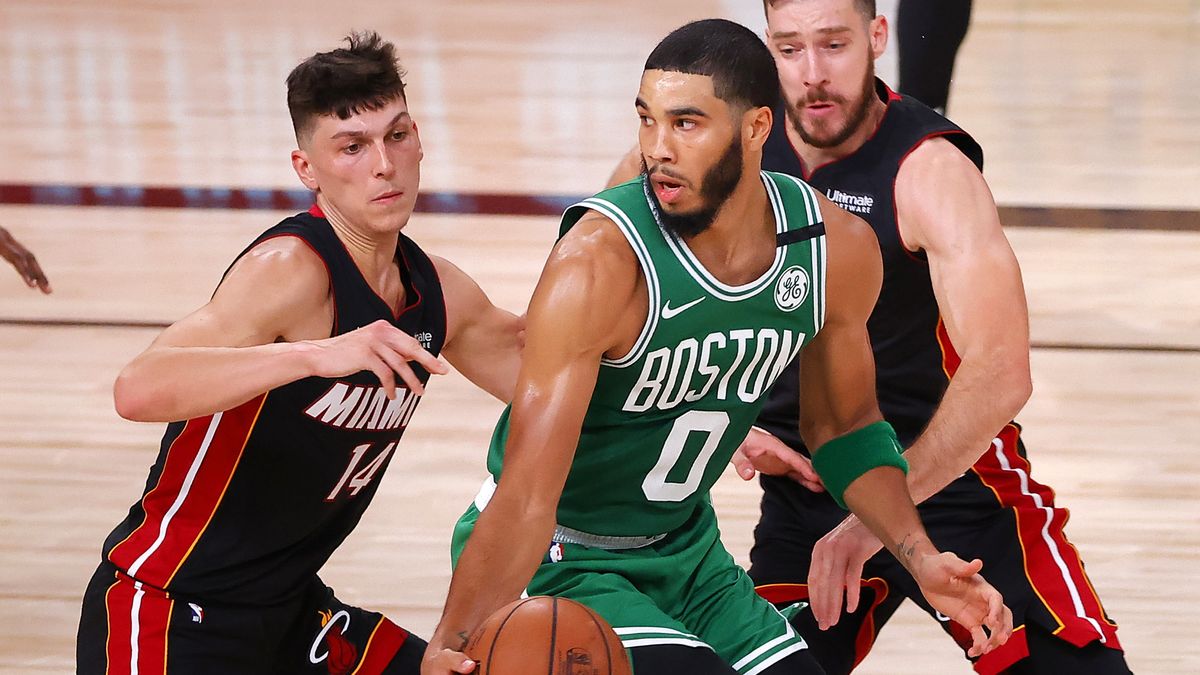CryptoHarlem’s Founder Warns Against ‘Digital Stop and Frisk’
This year, many people braved the risk of coronavirus infection to protest police brutality in Black neighborhoods, but physical violence isn’t the only way law enforcement can harm marginalized and minority communities: Hacker Matt Mitchell wants us to pay attention to digital policing, too. He argues that marginalized communities have become a test bed for powerful and troubling new surveillance tools that could become more widespread.
In 2013, Mitchell founded a series of free security workshops in his New York City neighborhood called CryptoHarlem as a way to work through the pain of watching the divisive trial over the death of Black Florida teen Trayvon Martin. “I talk to people about the surveillance in our neighborhood and how it got there and how it works and what we can do to circumvent it and what we can do to be safer,” Mitchell said, in a video interview with WIRED’s Sidney Fussell at the second of three WIRED25 events Wednesday. (Mitchell was recently named to the WIRED25, a list of people working to make the world better.)
Society’s growing dependence on digital platforms and infrastructure, combined with the events of 2020, have made his work more relevant than ever. Mitchell says law enforcement agencies routinely use tools that trawl social media for posts on particular topics, and that they have been used, for example, against people protesting the killing of George Floyd by Minnesota police.
“If you live in the United States and you’re exercising your rights to free speech and assembly to march and demonstrate, you might not realize that the entire time there’s a lot of data being vacuumed up and used against you,” Mitchell said.
Mitchell says that digital policing can make online spaces vastly different for people from Black or other marginalized communities, in ways similar to their experiences on city streets. Social media companies encourage everyone to document their lives online as a form of self expression, but for some there can be significant unintended consequences. “For Black folks in the inner city, that is a way that you can get targeted,” Mitchell said. Law enforcement agencies work with technology companies that can sift social media feeds for names, locations, topics, tone, or other markers. “It ends up with your door gets kicked in and you get dragged to the station,” Mitchell said.
Mitchell calls the practice of law enforcement targeting Black people’s online traces “digital stop and frisk,” after the New York Police Department’s practice of searching people out in public, a program found to target Black and Hispanic people, which has been scaled back.
One difference between physical and digital frisking is that the online form is more covert. “It’s a lot harder to see,” Mitchell said. “There’s no one there to film this happening to you.” He hopes that programs like CryptoHarlem can help more people understand digital policing and surveillance so they can protect themselves and push back against such tools.
He fears that law enforcement’s trawling on social media, and other digital surveillance tools such as face recognition, will become entrenched if people don’t speak out. What is targeted most often at Black communities today could become used more broadly, he said. “The people on the margins are targeted first; they’re beta testers,” Mitchell said. “If we’re going to fight back against facial recognition or weaponizing AI to attack democracy, it begins in Black and brown and marginalized communities.”
Portrait by Nick Lee
More From WIRED25


